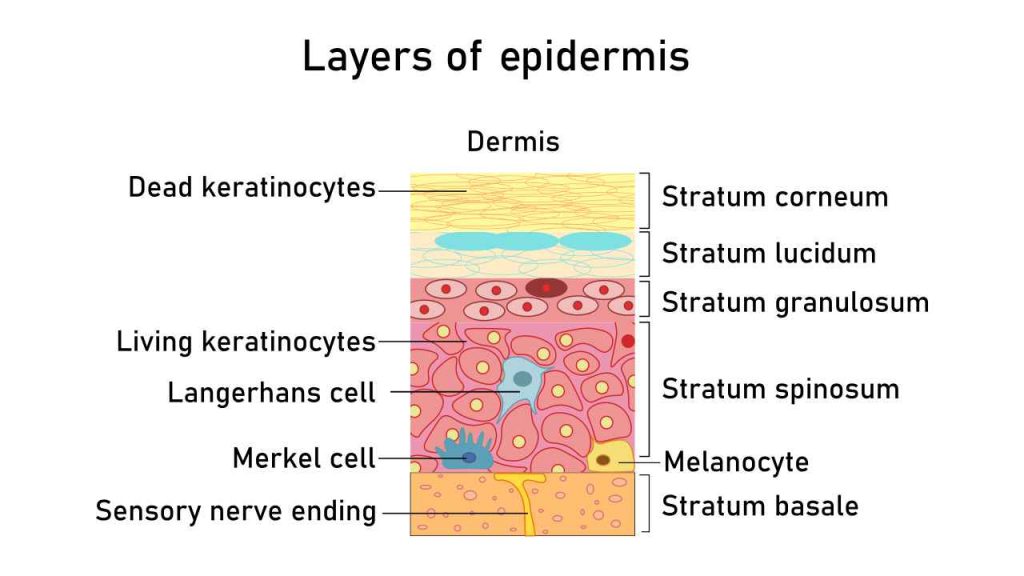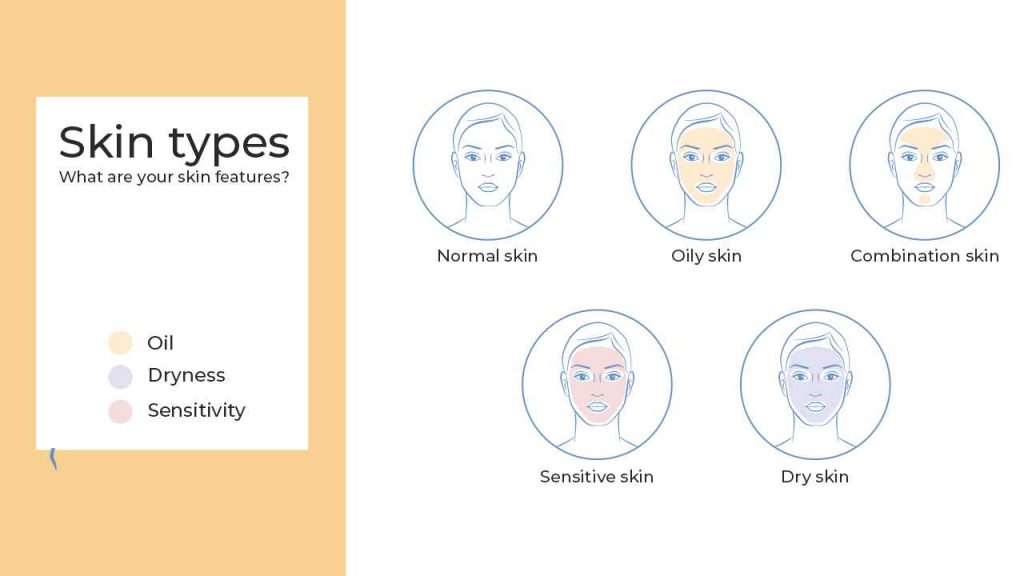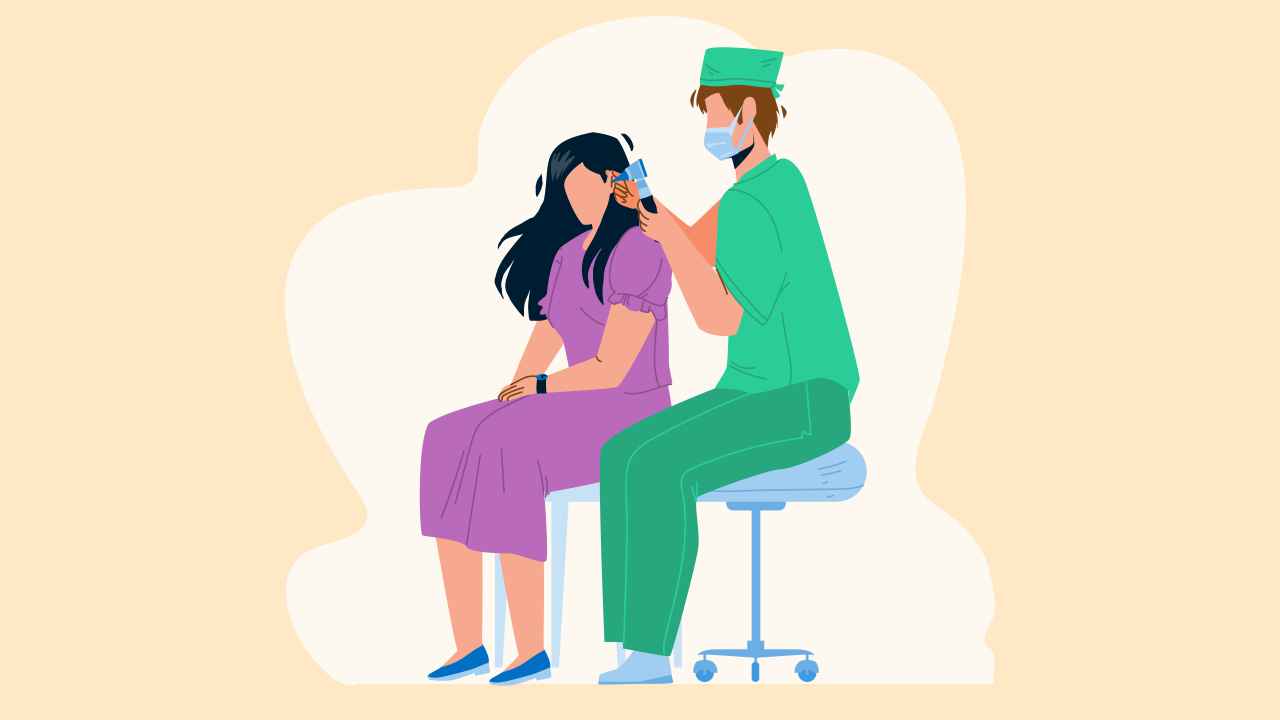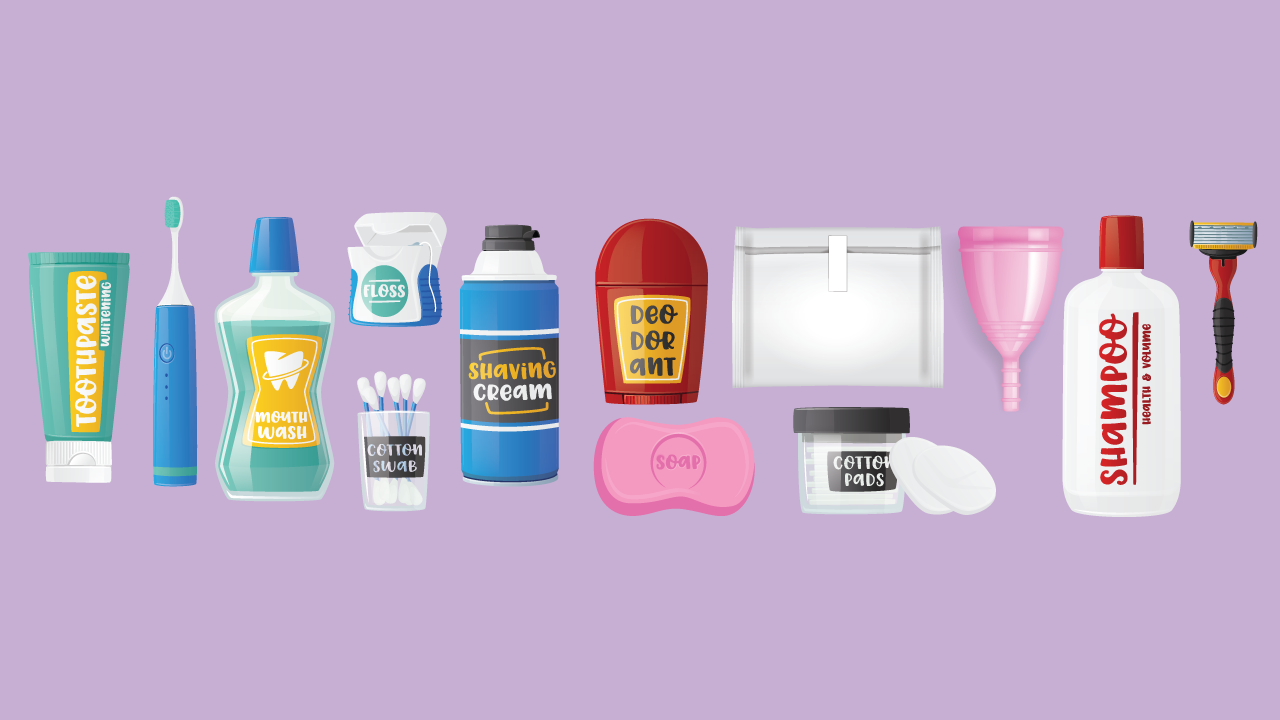
How to Take Care of Your Skin and Why It Is Important

We rarely pay attention to our skin beyond worrying about whether it is firm or acne-free. It’s not only the largest organ of the body, but plays a significant role in the body’s defense system. Knowing about its types and functions can help you take better care of your skin.
What is skin?
Skin is a part of the body’s integumentary system (set of organs forming the outermost layer of the body). It covers the entire body, interacts with the environment, serves as the first line of defense while protecting you against pathogens, regulates temperature, and synthesizes vitamin D.
The skin’s color is primarily determined by the melanin pigment produced by cells called melanocytes. The oiliness is determined by the distribution and activity of sebaceous glands, which secrete an oily substance called sebum.

Epidermis

Epidermis is the outermost or the top layer of the skin. It helps in body temperature regulation, and constantly sheds dead skin cells to be replaced by new healthy ones.
Dermis
The layer below the epidermis is called the dermis and consists of sebaceous glands, sweat glands, hair follicles, lymph vessels, nerve endings, and connective tissue. This layer provides immunity and is home to immune cells such as macrophages, lymphocytes, and mast cells.
Hypodermis
This layer is also called subcutaneous fat. It keeps us warm and helps in connecting the skin to the bones and muscles underneath.
Each layer of the skin is susceptible to diseases.
Also read: Common Diseases Caused by Poor Hygiene
| Layer | Disease |
| Epidermis | Allergies, dermatitis, psoriasis, boils, acne, keratosis, cysts, ulcers, cancer |
| Dermis | Dermatofibroma (skin bumps), cysts in the oil glands (sebaceous cysts), cellulitis, wrinkles, stretch marks |
| Hypodermis | Panniculitis (inflammation of hypodermis) |
Identify your skin type
How you take care of your skin would depend on its type. Each skin type has its own features.

| Skin type | Features |
| Sensitive skin | Stings or burns often after application of skin care products |
| Normal skin | Clear, balanced skin in terms of sebum and moisture and is not very sensitive to application of skin care products |
| Dry skin | Flaky, itchy, and rough |
| Oily skin | Greasy and shiny |
| Combination skin | Oily in some areas and dry in some |
Skin care routine steps
A few simple steps can help keep your skin clean, glowing, and healthy.
1. Wash your face regularly
The frequency and method of washing your face makes a difference.
- Use a gentle alcohol-free cleanser. Wet your face with lukewarm water and use fingertips to apply the cleanser. Avoid scrubbing your skin with harsh exfoliants as it may cause irritation
- Pat dry your skin with a soft and clean towel
- Apply moisturizer, especially if your skin is dry or itchy
- Be very gentle around the eyes while washing; apply eye-creams
- Avoid washing your face too often as over cleansing may also lead to more sebum production. Try to limit washing your face up to twice a day, or follow the recommendation of your dermatologist.
2. Use sunscreen
This is a crucial step in any skin care routine. The sunscreen protects you from the harmful ultraviolet rays of the sun that can cause sunburn, cancer, and premature ageing.
Also read: Personal Hygiene Products: Essentials in Your Wardrobe
- Apply a broad spectrum (protection from both the type of UV rays – A and B) and water-resistant sunscreen with a Sun Protection Factor (SPF) of at least 30 or above. The SPF number refers to the duration it would take to redden your skin. For example, an SPF of 30 means it would take 30 times more time to redden your skin with the sunscreen than without it.
- If you are outdoors for extended periods, it is recommended to reapply the sunscreen every two hours
- Make sure you apply sunscreen to every part of your exposed skin
3. Follow a minimalist skin care routine
When it comes to skin care, sometimes, less is more. Avoid using too many products as this can cause skin irritation and allergies. Choose your products according to your skin type. If you have any questions or concerns, consult a dermatologist.
4. Keep your hands off your face
Constantly touching your face can transfer germs from the hands to the face. Also, do not pick or pop your pimples.
5. Follow a healthy lifestyle
- Include adequate fruits, vegetables, whole grains, and lean proteins in the diet. Researchers suggest that fish oil supplements and diets low on refined sugar and fats help in maintaining a healthy skin. However, one should consult a doctor before starting these supplements. They are rich in oil soluble vitamins, which can have adverse effects if accumulated in your organs. Get adequate sleep and stay hydrated.
- Do not smoke. It contributes to wrinkles by narrowing the blood vessels in the skin. It can damage collagen and elastin in the skin, and also increases the risk of cancer.
- Practice stress management as stress can trigger acne or other skin problems
- Avoid tanning beds or sun lamps as they directly expose you to UV light which may predispose you to skin cancers
6. Check your skin regularly
You should regularly check your skin for any new spots or moles. Pay attention to moles that look different from existing ones or that have changed their appearance. Any itchy moles, bleeding or change of coloring in moles should be flagged to a doctor at the earliest. A self-examination should follow these steps:
- Check your body in a full length mirror, seeing right and left sides of your body with arms raised
- Carefully check the underarms, forearms, palms, legs, areas between toes, and soles of feet
- Do not miss checking your neck, scalp, and buttocks; you can use a hand mirror for this
7. Care for tattooed skin
- Apply water based, light and scent-free moisturizers
- Use sunscreen with SPF 30 or more
- Get tattoos in mole-free regions
8. Care for pierced skin
- Wash your hands well before touching the piercings
- Wash your piercings regularly with mild soap and water to avoid infections
9. Make-up hygiene
If you apply makeup, some hygiene practices must be followed:
- Wash your hands before applying make-up
- Follow a sequence: wash your face and pat it dry. Apply any prescribed medication if applicable, followed by moisturizer, sunscreen, and make-up. Never share your make-up, especially eye and lip products.
- Sharpen your pencils before each application to wipe off dirt and germs
- Remove your make-up with a suitable cleanser and wash your face thoroughly before bed. Any residual make-up can clog the pores leading to bacterial growth and skin breakouts.
- Wash your makeup tools, including brushes and sponges regularly
- Check the expiry date of your make-up products regularly and replace them before the date approaches
- If you are trying on make-up at a store, ask for clean and disposable applicators
10. Caring for your lips
You can take care of your lips by following these steps:
- Use a non-irritating lip balm
- Pick lip balm that contains shea butter, castor oil or hemp seed oil. Those containing beeswax or carnauba wax, camphor, cetyl alcohol, lanolin, paraffin, and petrolatum may be best avoided.
- Lip balms with SPF 30 or sun protective agents like titanium oxide and zinc oxide can provide protection from ultraviolet rays
- Drink plenty of water and stay well hydrated
- Avoid licking, biting, or picking your lips. As the saliva dries, your lips will become drier
- Avoid holding objects or metal pieces like jewelry in your lips
Your skin is constantly exposed to the environment and thus, often tends to be the first organ to be affected by external elements. A simple and healthy care routine along with basic hygiene practices however, can go a long way in maintaining healthy skin.
References
1. Watson K. The Layers of Your Skin. Healthline. https://www.healthline.com/health/layers-of-skin (accessed Mar 15, 2021).
2. Newman T. Skin: How it works. Medical News Today. 2018; published online Jan 11. https://www.medicalnewstoday.com/articles/320435 (accessed Mar 15, 2021).
3. Skin care: 5 tips for healthy skin. MayoClinic. https://www.mayoclinic.org/healthy-lifestyle/adult-health/in-depth/skin-care/art-20048237 (accessed Mar 15, 2021).
4. Caring for pierced ears. American Academy of Dermatology Association. https://www.aad.org/public/everyday-care/skin-care-basics/tattoos/caring-for-pierced-ears (accessed Mar 15, 2021).
5. Caring for tattooed skin. American Academy of Dermatology Association. https://www.aad.org/public/everyday-care/skin-care-basics/tattoos/caring-for-tattooed-skin (accessed Mar 15, 2021).
6. Detect skin cancer: How to perform a skin self-exam. American Academy of Dermatology Association. https://www.aad.org/public/diseases/skin-cancer/find/check-skin (accessed Mar 15, 2021).
7. Skin care in your 40s and 50s. American Academy of Dermatology Association. https://www.aad.org/public/everyday-care/skin-care-basics/care/skin-care-in-your-40s-and-50s (accessed Mar 15, 2021).
8. 7 Dermatologists’ tips for healing dry, chapped lips. American Academy of Dermatology Association. https://www.aad.org/public/everyday-care/skin-care-basics/dry/heal-dry-chapped-lips (accessed Mar 15, 2021).
9. How to apply Sunscreen. American Academy of Dermatology Association. https://www.aad.org/public/diseases/skin-cancer/prevent/sunscreen-apply (accessed Mar 15, 2021).
10. Should I apply my skin care products in a certain order? American Academy of Dermatology Association. https://www.aad.org/public/everyday-care/skin-care-basics/care/apply-skin-care-certain-order (accessed Mar 15, 2021).
11. Ask the Expert: Does a High SPF Protect My Skin Better? Skin care foundation. https://www.skincancer.org/blog/ask-the-expert-does-a-high-spf-protect-my-skin-better/ (accessed Mar 15, 2021).
12. Face Washing 101. American Academy of Dermatology Association. https://www.aad.org/public/everyday-care/skin-care-basics/care/face-washing-101 (accessed Mar 15, 2021).
13. Skin Care Tips Dermatologists Use. American Academy of Dermatology Association. https://www.aad.org/public/everyday-care/skin-care-basics/care/skin-care-tips-dermatologists-use (accessed Mar 15, 2021).
14. Our Top 10 Makeup Hygiene Tips. Avail Dermatology. 2014; published online Mar 19. https://availdermatology.com/our-top-10-makeup-hygiene-tips/#:~:text=Wash your face each morning,any kind of eye makeup (accessed Mar 15, 2021).
15. Nguyen AV, Soulika AM. The Dynamics of the Skin’s Immune System. Int J Mol Sci 2019; 20: 1811.













